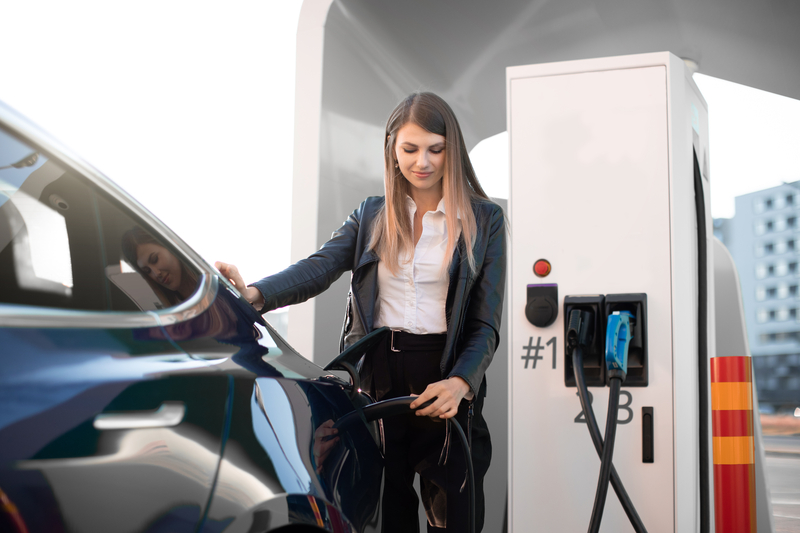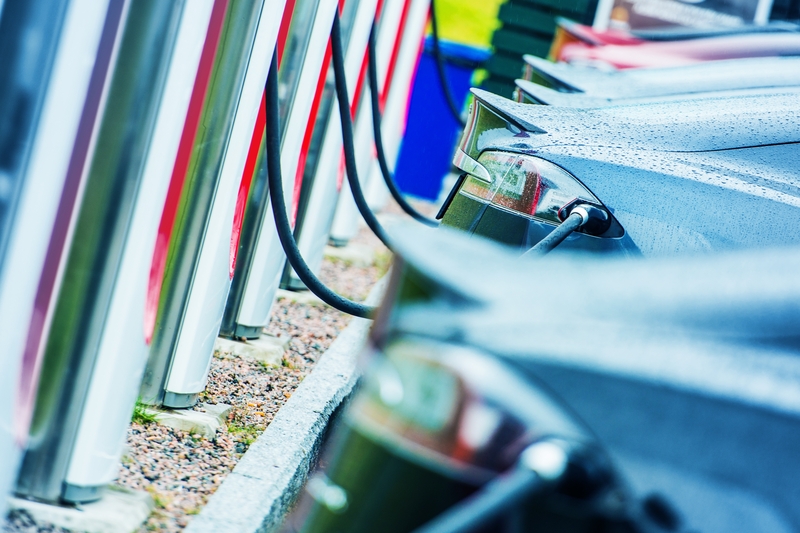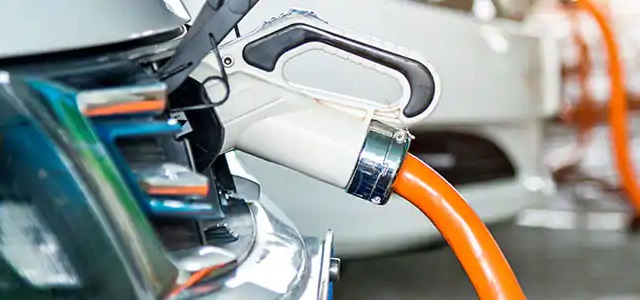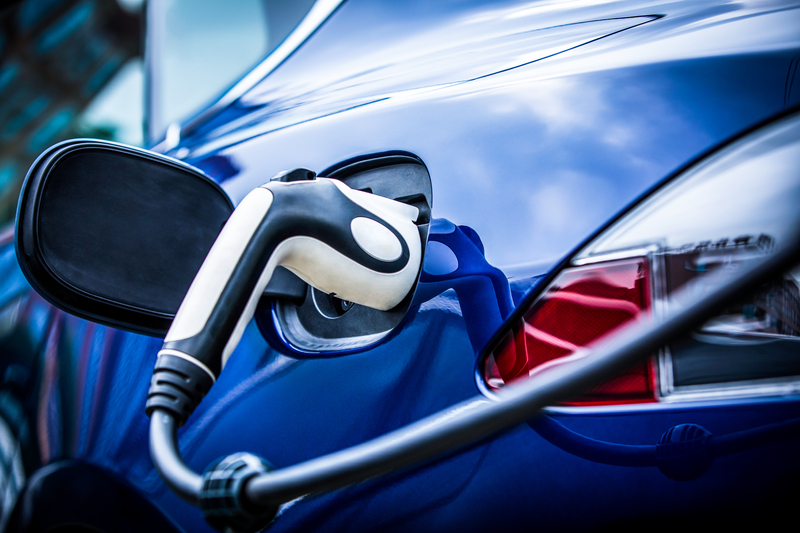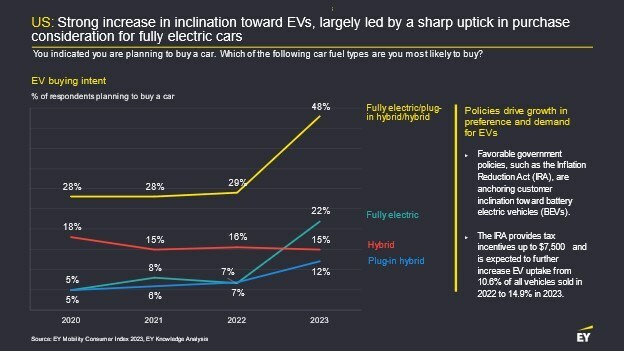
These are results of the latest Ernst & Young Mobility Consumer Index (MCI) — a global EY survey of more than 15,000 consumers from 20 countries. The all-time high of consumer interest represents a 19% increase since the 2022 MCI findings, showing the highest growth in EV intent and sentiment, globally. In EV readiness overall, the US jumped five spots, reaching No. 7, falling behind China, Norway and Sweden in the top three spots.
Consumer confidence in EV performance has steadily grown over the past two years. In 2021, MCI findings noted that 26% of US car buyers were concerned that internal combustion engine (ICE) vehicles outperformed EVs. Today, in comparison with ICE vehicles, EV performance was the top motivation for buying an EV, with 29% of US car buyers considering an EV specifically because they believe it outperforms ICEs.
Clear gains in the market are tempered by ongoing concerns about EV charging infrastructure, costs and safety. A lack of charging stations continued to be the top deterrent for potential car buyers in the US, the same as 2022. Over half (51%) of US consumers are more worried about finding a charging station in non-residential facilities than expensive charging costs. Further, the safety of home chargers remains a concern, with 57% of potential US buyers citing safety of home chargers as the key deterrent — 10% higher than global counterparts.
"Consumers need access to safe, reliable, convenient and affordable charging to drive and own an EV, and our research shows real concerns remain," said Marc Coltelli, EY Americas eMobility Energy Leader. "At the EY organisation, we are predicting 82 million EVs will be on US roads by 2035. To scale adoption, the challenge confronting America's transition to EVs is instilling charging confidence among consumers. The energy industry has a massive role to play in this transition and is seizing the opportunity by collaborating cross-sector to build and power a resilient EV charging network."
The EY Mobility Consumer Index (MCI) provides matchless insights on the shifts being witnessed in journey patterns, modal choices, vehicle buying and transition to electric mobility in the post-COVID-19 world. Based on a global survey of more than 15,000 consumers across 20 countries during March 2023, the MCI also aims to assess the consumers' car-buying journey while offering insights around their attitudes toward mobility choices and sustainability. US-specific findings account for 1,500 respondents.



